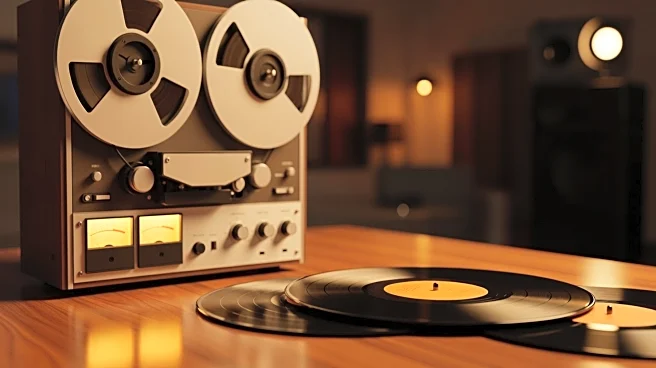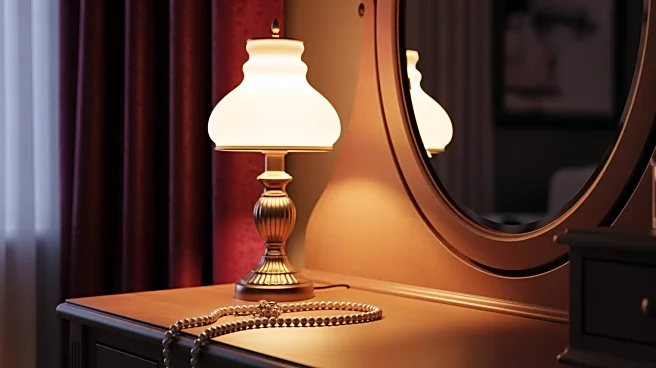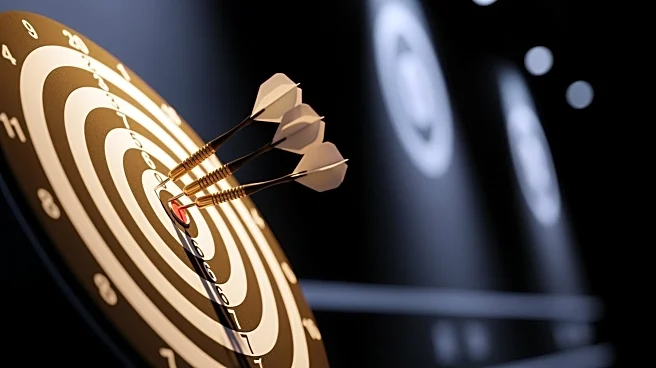What's Happening?
SELF Magazine has published findings from a study indicating that engaging in creative hobbies can slow brain aging. The study analyzed brain scans of over 1,400 individuals, including expert and novice creatives, and found that those involved in creative activities had younger brain ages than their chronological ages. Activities such as painting, gaming, and dancing were associated with improved brain communication and organization, potentially safeguarding against age-related decline. The research suggests that creativity can enhance brain health by fostering better information processing and reducing hyperexcitability.
Why It's Important?
The study highlights the potential of creative hobbies to contribute to brain health, offering a non-pharmaceutical approach to cognitive preservation. This is particularly significant as brain aging can begin in one's 30s, with factors like poor sleep and pollution accelerating the process. By engaging in creative activities, individuals may improve their cognitive function and reduce the risk of dementia. This research could influence public health recommendations, encouraging people to incorporate creativity into their daily routines for long-term brain health benefits.
Beyond the Headlines
The implications of this study extend beyond individual health, potentially influencing educational and therapeutic practices. Schools and mental health professionals might integrate creative activities into curricula and treatment plans to enhance cognitive development and emotional regulation. Additionally, the study underscores the importance of lifestyle choices in maintaining brain health, prompting further research into how creativity can be harnessed in preventive health strategies.









